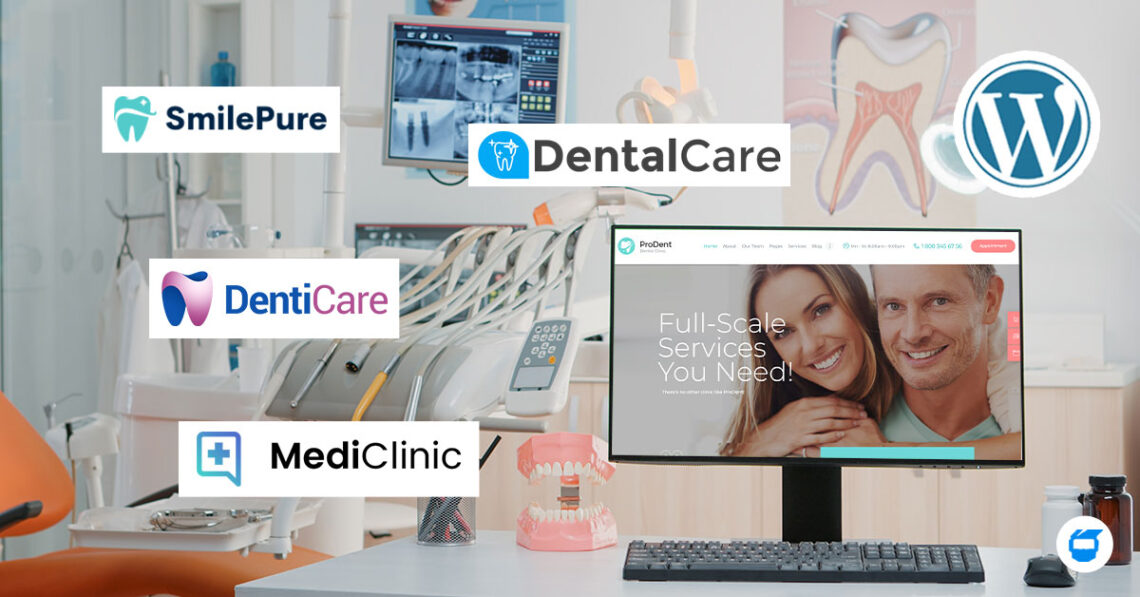While the pay-per-click solutions have gained popularity over the past decade, not every company can feel its positive impact. In order to improve your pay-per-click advertising campaign, you’ll need to keep in mind a number of significant factors and adjust your strategy according to them. In case you’re eager to make your PPC campaign more effective but aren’t sure how to make it happen – we want to share some tips that could help you achieve effective PPC management that will surely benefit your business.

1. Set Your Goals
Running a successful PPC campaign can help you accomplish numerous marketing and business goals. To ensure your campaign is being managed wisely, set clear goals and define key performance indicators that will help you measure progress. In order to set your goals, you’ll have to ask yourself the right questions such as:
- How many leads do you want to generate per month?
- What cost per conversion would be ideal for your business?
- What is your ideal cost per click (CPC)?
- What is your monthly budget for PPC advertising?
All of these elements are necessary for the development and proper management of a PPC campaign. They are vital in turning an advertising budget from a straight expense into an investment in your business.
2. Sift Through Your Keywords
One of the most important aspects of PPC is keyword optimization. You’re not going to get anywhere in your PPC campaign if you don’t optimize your ads for keywords that are relevant to your target audience. It would be very unwise to select a set of random keywords for your PPC campaigns and expect them to work miraculously.
You can also try incorporating long-tail keyword phrases into your keywords list. They are more specific and more relevant to what shoppers are searching for, thus they show up on the top of the first page of search results. This means that the websites which use long-tail keyword phrases increase their chances of being in the number one position in Google SERPs. Not only will long-tail key phrases help you rank in search engines, but they’ll also have a greater pay-per-click ROI, too.
3. Find Out Your Negative Keywords
Keyword lists, whether made up of negative or positive search queries, are an important part of managing your paid search campaigns. Having the right keywords can improve your performance, but wrong keywords can easily ruin your campaign. Negative keyword lists work by blocking irrelevant traffic from triggers in your search term report and Google Alerts from triggering your PPC ads. When monitoring brand keywords as well as search terms, negative keywords can help to ensure that you’re not insignificantly bidding on unnecessary traffic.
4. Update Your Content for Advertising and Your Landing Page
A great advertisement is a mix of telling your target audience exactly what they’re going to get while also giving them something that’s so tantalizing they simply cannot pass it up. The same can be said when it comes to landing pages. A great advertisement copy won’t mean much if the landing page doesn’t follow what it promises.
You’re building a customized campaign to sell your products or services to local prospective customers. So don’t underestimate the importance of having PPC advertisements tailored to different regions and demographics.
5. Make Use of Remarketing
By using unique landing page URLs for each PPC campaign, you are able to capture the prospects you want to target. However, even with unique landing pages, it is still difficult to analyze which visitors were interested in your ads but gave up quickly due to a long landing page form. With remarketing, these missing visitors can be re-targeted. Even if they dropped off right after viewing your PPC ad, you can continue to show your ads and provide them with an easier way to complete their purchase.
6. Geotarget Your Ads
Geotargeting is a very powerful way to improve paid search performance for your business. When managing your ad targets, you want to make sure you’re focused on the specific geographic locations where your products or services are relevant and available.
While you can optimize your targeting to gain the best possible ROI, you can also target specific locations for more advanced geographic segmentation. Dig into your locations and demographics reports to cross-reference how your business performs by region. From that, you can leverage the location targeting setting in Google Ads to choose from any countries or regions on the globe specifically, which provides granular geographic segments for a more in-depth analysis of your ROI and paid search performance.
7. Refresh Your Landing Page
What if you could use data to understand how your landing pages stack up against one another? Well, you can! Landing page optimization is a delicate science that shouldn’t be taken lightly. For those who aren’t familiar, landing page optimization is just what it sounds like — optimizing it for conversions by testing different layouts, calls-to-action, copy, and content to see what gets you more conversions. This is where the tracking template comes in, better known as the refreshed landing pages report. It shows you how your five most important landing pages compare, visually and in terms of their conversion rate.
A/B testing is excellent at helping to determine which landing pages give the best conversion rates. With A/B testing, you can figure out what elements of your landing page are driving traffic (and which are driving them away). From there, you can make small copy tweaks and design changes that can increase conversions.
8. Keep Track of Your PPC Campaign
Monitoring a PPC campaign plays a vital role in deriving success from it. There are many instances when the marketers get too excited by the fast-paced performance of their campaign and fail to keep track of its progress. They get misguided by the Google Ads reports which don’t adequately reflect the truth about their campaigns, thereby underestimating the progress they have made.
Understand that your campaign is a growing organism, meaning there are fluctuations that will be normal. Monitoring your campaign regularly will help you identify these changes early on, understand where it’s falling short, and make amends where necessary before things go out of hand.
Your business depends on your online presence and higher visibility. Proper understanding of the PPC campaigns and following the tips to improve your campaign will ensure a higher conversion rate, increased leads as well as generate direct inquiries for you.
Do you need help with the PPC Ad campaign of your business? Contact us today, and we’ll be glad to help you!













